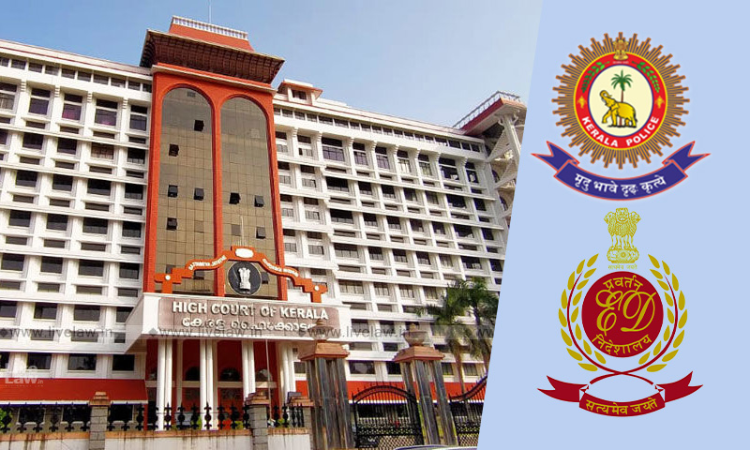ED Officer's Writ Filed With Ulterior Motives, Hidden Agenda: Kerala Govt Tells High Court
Lydia Suzanne Thomas
29 March 2021 10:43 PM IST

Next Story
29 March 2021 10:43 PM IST
The Kerala Government has filed its counter affidavit against the writ petition filed by P Radhakrishnan, Deputy Director of the Enforcement Directorate (ED) challenging the investigation instituted by the Kerala Crime Branch into allegations of Swapna Suresh being forced into implicating the Chief Minister and others in the smuggling case. In its counter, the Kerala Government charges...
